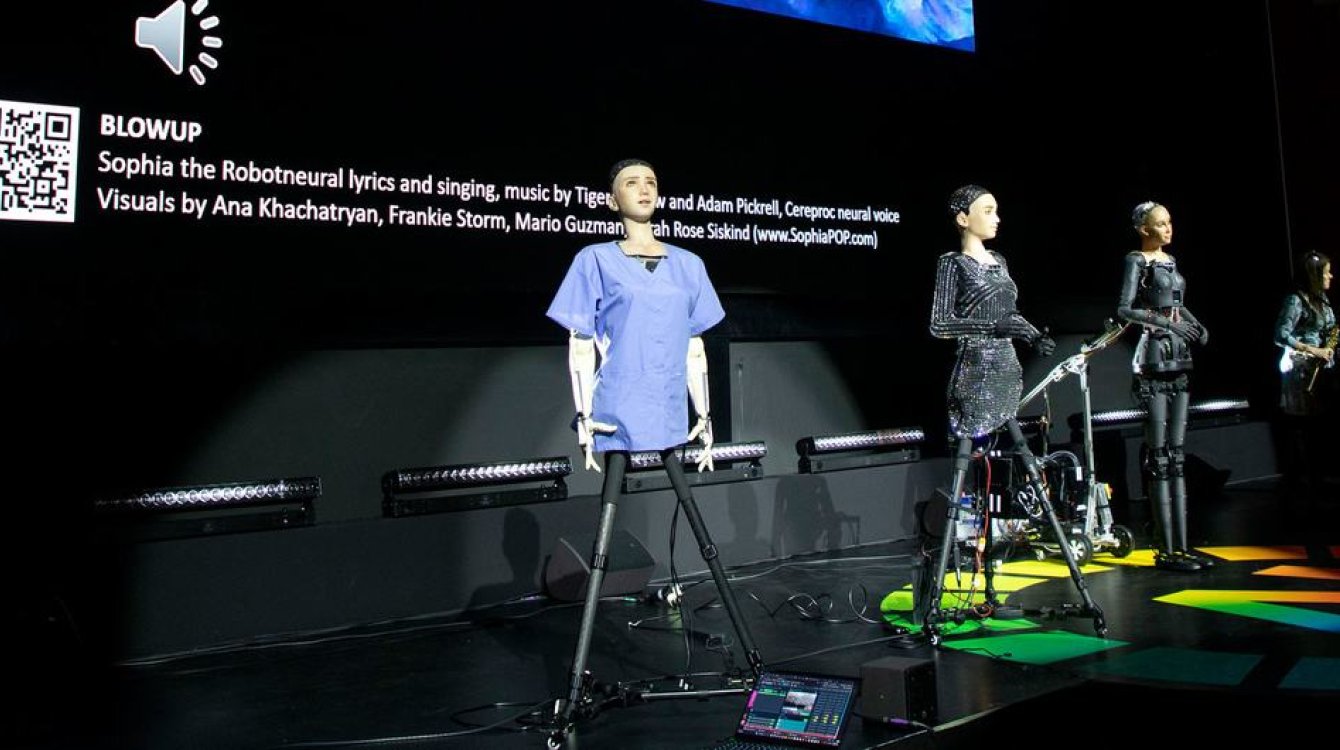Artificial intelligence (AI) has the potential to revolutionize industries across the globe, but UN experts are raising alarms about the risks of allowing its development to be driven solely by market forces. In a recent report, the UN stressed that the rapid, unregulated growth of AI could lead to unforeseen dangers, including bias, privacy violations, and harmful applications in military or surveillance contexts.
The experts are urging governments to take immediate action to regulate AI, ensuring that its deployment is transparent, ethical, and aligned with human rights standards. They emphasize that without adequate oversight, AI could worsen social inequalities, as automated systems increasingly influence decisions in critical areas such as law enforcement, healthcare, and employment.
One key concern is the potential for AI to perpetuate bias. Algorithms used in hiring or criminal justice, for example, may unintentionally discriminate against certain groups, reinforcing societal inequities. To avoid such outcomes, the UN recommends that policymakers work together to establish a global regulatory framework. With the rise of AI, trending keywords like “AI governance,” “ethical AI development,” and “AI bias regulation” are becoming critical in the ongoing conversation about the future of technology.
